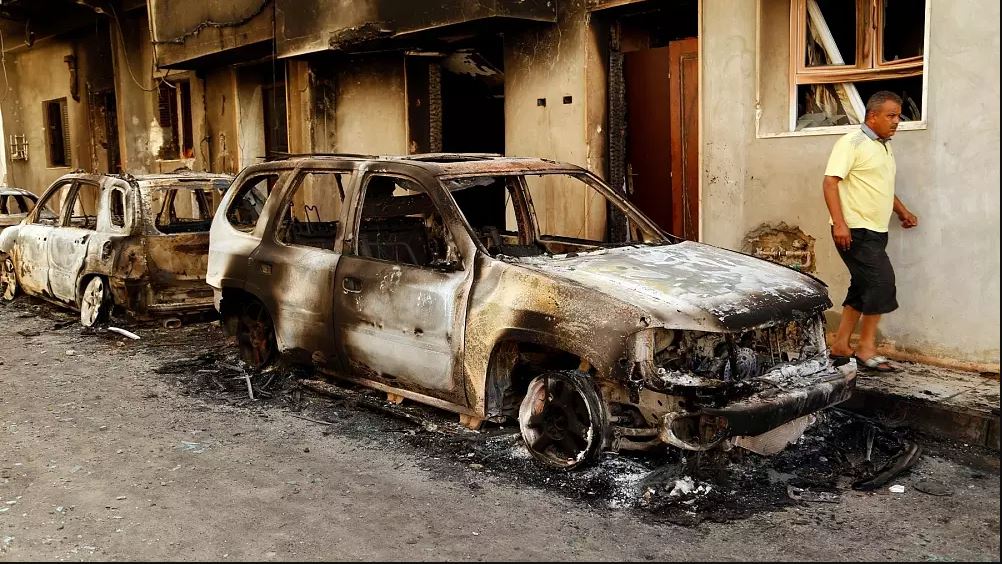After the bloody skirmishes on Saturday in Tripoli, the capital of Libya, Prime Minister Abdul Hamid Dbeibah of the Tripoli-based administration emphasized the necessity of elections.
The day after hostilities that interrupted Tripoli’s months-long period of relative calm and left over 30 people dead, militias patrolled the city’s largely deserted streets.
Early on Saturday, combat broke out between militias supporting the Tripoli-based government and other armed groups supporting a rival government that has been vying for power in the capital for months.
Locals worry that the violence that ended a protracted political impasse could escalate into a larger battle and bring Libya back to the heights of its protracted conflict.
Since the longtime tyrant Moammar Gadhafi was overthrown and killed in 2011 by an uprising supported by NATO, Libya has descended into turmoil.
The oil-rich county has been divided for years between two governments, each of which is supported by rebel groups and foreign countries.
The failure to organize elections in December and Dbeibah’s refusal to resign were the main causes of the current impasse.
In retaliation, the nation’s eastern-based parliament named Fathy Bashagha as prime minister, a competitor who has been attempting to establish his administration in Tripoli for months.
In a speech on Sunday, Dbeibah urged all Libyan parties to put the past disputes behind them and emphasized that elections are the only way to find a solution.
Conflicts amongst the militia are prevalent in Tripoli.
At least 13 people were murdered in militia clashes last month.
In an attempt to impose his rule in Tripoli in May, Bashagha sparked confrontations that resulted in his expulsion from the city.





